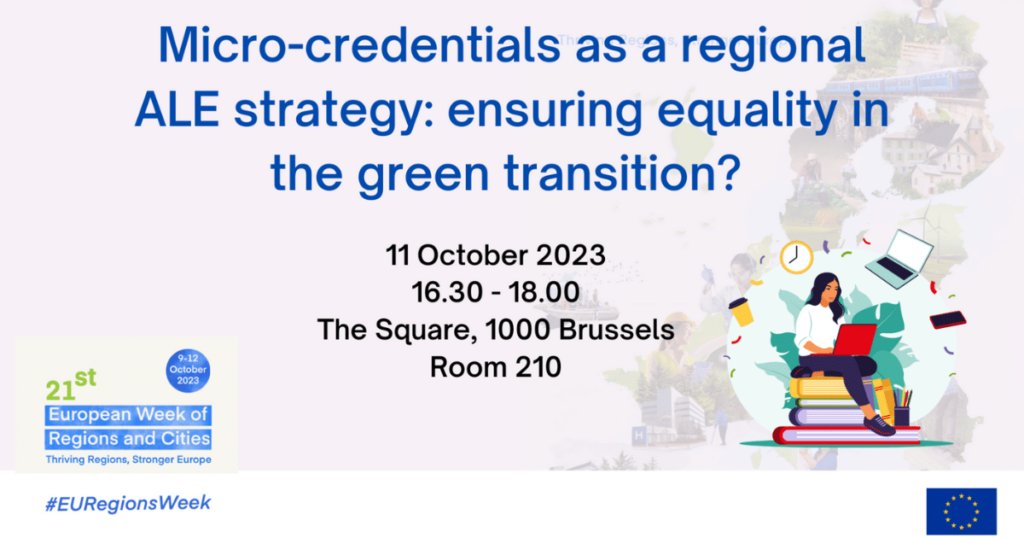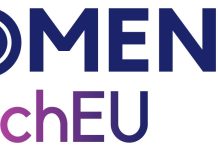The head of this working group is Mr Konstantinos Androulakis,
 He holds an MSc in Economics, certified as Project Manager and General Director of the ECTE – European Center in Training for Employment. He has extensive experience in National Training Programmes and in several European funded projects. As part of his studies and also during his professional activity, he has undertaken extensive research and studies on various social and professional subjects. Vocational Education and Training (VET) including Micro Credentials and Micro-Certification. He has good IT skills and a good command of English, with extensive experience in Coordination, technical management, financial management, monitoring and evaluation of projects involving European and International organizations. Coordination of VET policy international meetings.
He holds an MSc in Economics, certified as Project Manager and General Director of the ECTE – European Center in Training for Employment. He has extensive experience in National Training Programmes and in several European funded projects. As part of his studies and also during his professional activity, he has undertaken extensive research and studies on various social and professional subjects. Vocational Education and Training (VET) including Micro Credentials and Micro-Certification. He has good IT skills and a good command of English, with extensive experience in Coordination, technical management, financial management, monitoring and evaluation of projects involving European and International organizations. Coordination of VET policy international meetings.
The “Vocational Education and Training (VET) including Micro Credentials” working group focuses on enhancing vocational education and training programs while integrating micro-credentials to offer targeted skill development opportunities..

https://www.cedefop.europa.eu/en

This group aims to improve workforce readiness, align education with industry needs, and promote lifelong learning. Here are the key tasks and responsibilities that such a working group will undertake:
-
Curriculum Development: Collaborate with industry experts and educators to design, review, and update VET programs that align with current and emerging industry needs.
-
Micro Credential Integration: Identify areas within VET programs where micro-credentials can be integrated to provide learners with targeted, industry-recognized skills and competencies.
-
Skill Gap Analysis: Conduct regular assessments of industry skill gaps and workforce needs to inform the development of VET programs and micro-credentials that address these gaps.
-
Quality Assurance: Establish quality standards and assessment criteria to ensure the rigor and relevance of both VET programs and micro-credentials, maintaining their credibility and value.
-
Industry Engagement: Foster strong partnerships with industry associations, employers, and relevant stakeholders to ensure that VET programs and micro-credentials meet industry standards and expectations.
-
Access and Affordability: Advocate for accessible and affordable VET programs and micro-credentials to promote inclusivity and lifelong learning opportunities for learners of all backgrounds.
-
Digital Credentialing: Explore digital platforms and technologies for issuing, managing, and verifying micro-credentials, making it easier for learners to showcase their skills and achievements.
-
Recognition and Transferability: Promote the recognition and transferability of micro-credentials, allowing learners to stack credentials and advance in their careers.
-
Assessment and Evaluation: Develop reliable assessment methods and evaluation criteria for VET programs and micro-credentials to ensure that learners have acquired the intended skills and competencies.
-
Work-Integrated Learning: Encourage work-integrated learning experiences, internships, and apprenticeships as integral components of VET programs to bridge the gap between education and employment.
-
Teacher and Trainer Development: Offer professional development opportunities for VET instructors and trainers to ensure they are equipped to deliver high-quality programs, including micro-credentials.
-
Career Pathways: Provide guidance and resources to learners on how to map out career pathways based on their acquired VET qualifications and micro-credentials.
-
Research and Innovation: Support research initiatives focused on the effectiveness of VET programs and micro-credentials in workforce development and economic growth.
-
Policy Advocacy: Advocate for supportive policies and regulations that recognize the value of VET and micro-credentials, facilitate their integration into formal education systems, and promote their acceptance by employers.
-
Transparency: Promote transparency in micro-credential offerings, including clear descriptions of learning outcomes, assessment methods, and credit transfer options.
-
Marketing and Awareness: Raise awareness among learners, employers, and the broader community about the benefits of VET programs and micro-credentials in improving employability and career advancement.
-
Equity and Inclusion: Ensure that VET and micro-credential programs are accessible and inclusive for individuals from diverse backgrounds, including underserved populations.
-
Feedback Mechanisms: Establish feedback mechanisms to gather input from employers, learners, and educators to continuously improve VET programs and micro-credentials.
-
Data and Analytics: Use data analytics to track the success and impact of VET programs and micro-credentials, identifying areas for improvement and innovation.
-
Global Collaboration: Collaborate with international organizations and institutions to share best practices, align standards, and facilitate the recognition of VET qualifications and micro-credentials on a global scale

The transition to an environmentally sustainable, circular and climate-neutral economy has significant social, economic and employment impacts. Ensuring that all citizens obtain the necessary knowledge, competences, skills and attitudes to cope with these changes is vital to a socially-just transformation of the EU. Vocational education and training (VET) has a key role to play to help young people and adults develop skills so they can thrive in their careers and lives.
The European Education Area Working Group on VET and the Green Transition enables technical exchanges and contributions to help countries implement the principles and objectives of the Council Recommendation on vocational education and training, and the Osnabrück Declaration.
As part of its mandate, this Working Group has collected a set of inspiring practices from across Europe, presented in a Compendium.























